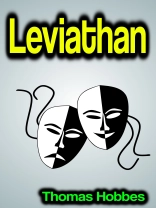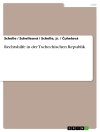Leviathan Thomas Hobbes – Written during the chaos of the English Civil War, Thomas Hobbes’ Leviathan asks how, in a world of violence and horror, can we stop ourselves from descending into anarchy? Hobbes’ case for a ‘common-wealth’ under a powerful sovereign – or ‘Leviathan’ – to enforce security and the rule of law, shocked his contemporaries, and his book was publicly burnt for sedition the moment it was published. But his penetrating work of political philosophy – now fully revised and with a new introduction for this edition – opened up questions about the nature of statecraft and society that influenced governments across the world
‘Leviathan’ is a work of political philosophy. Written by Thomas Hobbes during a time of civil war, it argues that sovereign rule is the most stable form of government. An early proponent of social contract theory, Hobbes’ observations regarding the dangers of unrestrained individual freedom have influenced generations of thinkers.
Over de auteur
Thomas Hobbes was a British philosopher and a seminal thinker of modern political philosophy. His ideas were marked by a mechanistic materialist foundation, a characterization of human nature based on greed and fear of death, and support for an absolute monarchical form of government. His 1651 book Leviathan established the foundation for most of Western political philosophy from the perspective of social contract theory.
He was also a scholar of classical Greek history and literature, and produced English translation of Illiad, Odyssey and History of Peloponnesian War.












